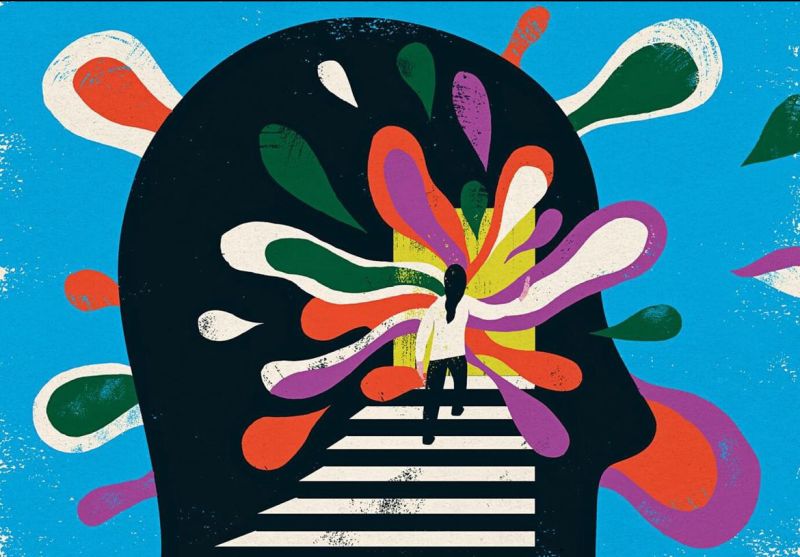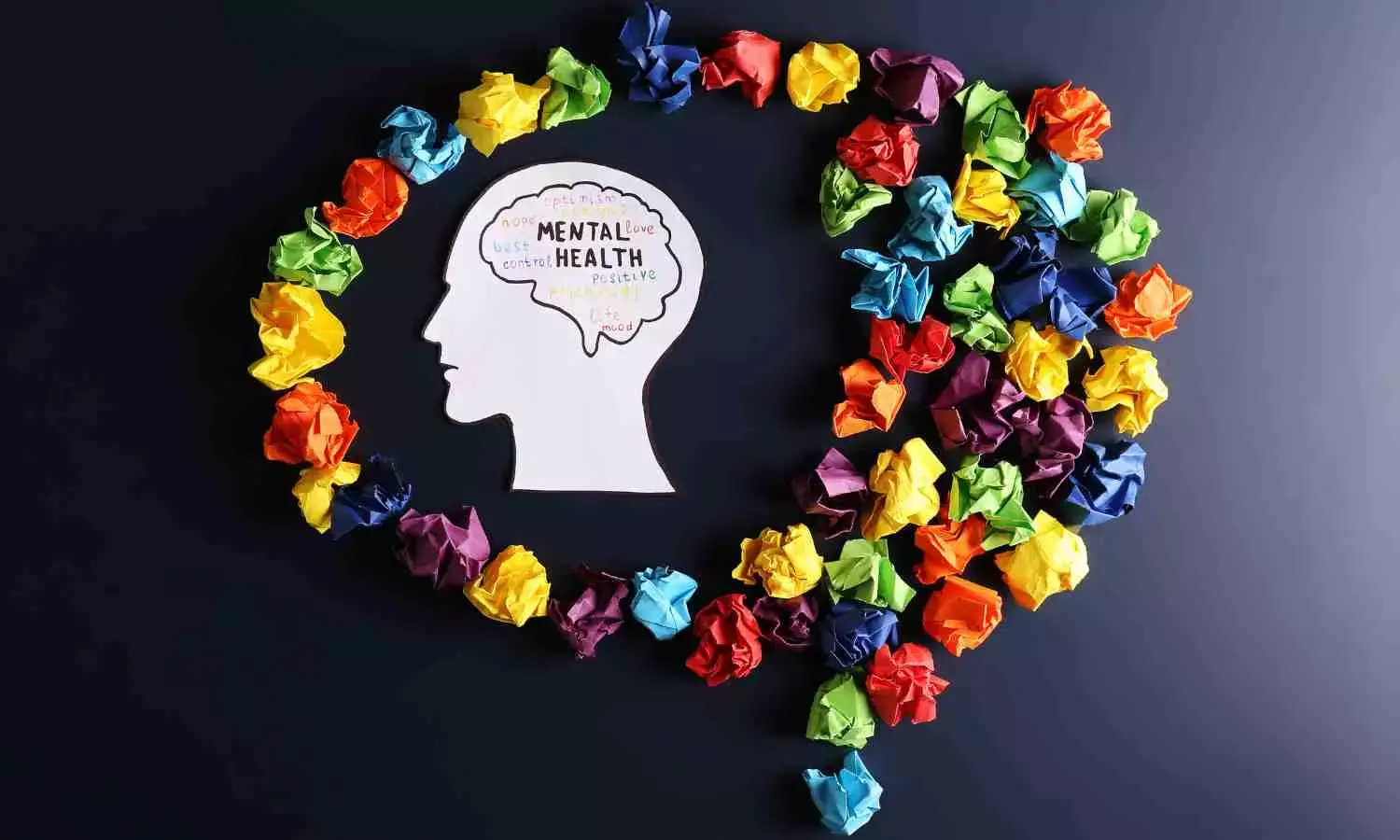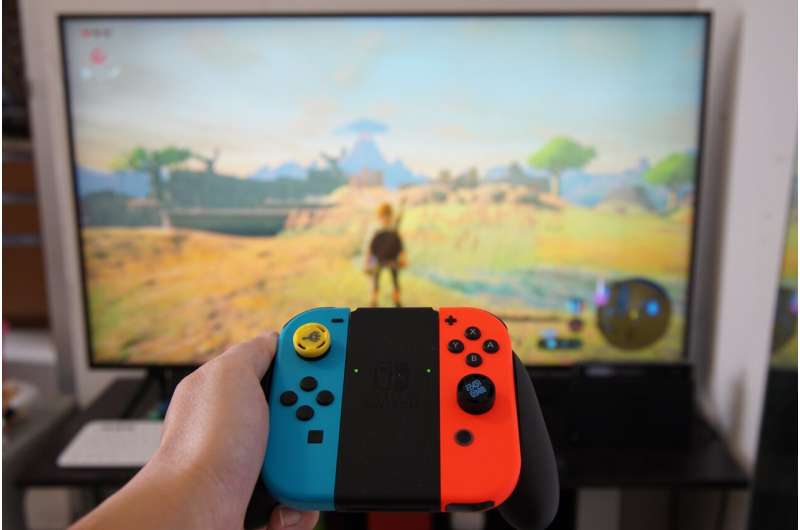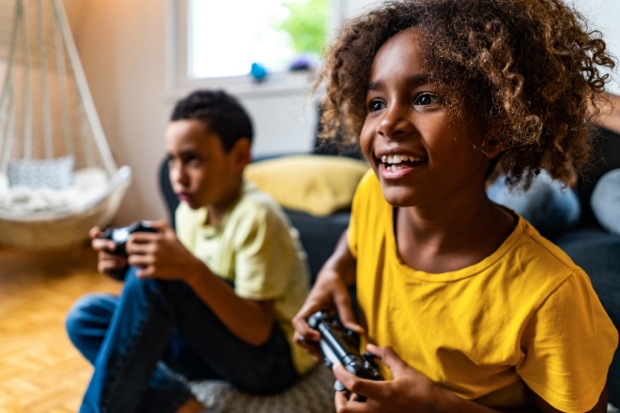The threat of video games! A critical view of the common misinformation about gaming verses the available research..
Yesterday, I came across another article raising concerns about the numerous potential harms caused by video games. This one hit me particularly hard because it was an opinion piece written as fact by an unqualified, yet self-proclaimed, expert and published by an internationally syndicated news source. With a title like “How new-age gaming affects your child’s mental, physical and social well-being†(Singh, Pankaj Kumar, 2023) I was expecting an enlightened, scientifically supported view on the current state of the art. What I found instead was dogmatic, unsubstantiated schlock.
“New-age gaming has become popular among students due to technological advancements, bringing virtual reality and immersive multiplayer experiences. However, there are potential risks to kids’ mental health. Excessive screen time can lead to addiction, loss of focus, and mental health issues such as stress and anxiety. Students may also develop skewed perceptions of realityâ€. (Singh, 2023)
But here’s the deal: after diving into it, I discovered that this article (linked below) is a classic example of how misinformation can spread like wildfire when presented with the illusion of credibility.
Let’s get right into separating fact from fiction by addressing the authors five key points; using evidence-based results from scientific studies we’ll let the data be our guide:
“Dependency and unnecessary screen time.†New age gaming potentially leading to addiction, excessive screen time, neglect of obligations, reduced productivity, lack of balance in life and interference with sleep and cognitive abilities? (Singh, 2023).
Well, that’s a whole lot…
Research from Oxford University suggests otherwise. Time spent playing video games is positively associated with well-being by providing a sense of competence and social connection, challenging the notion that gaming inevitably leads to dependency or unnecessary screen time. Their findings showed that “play can be an activity that relates positively to people’s mental health – and regulating video games could withhold those benefits from players.” (University of Oxford, 2020).
“Deteriorating Physical and Mental Health.†Extended gaming harms physical health such as inactivity and obesity AND mental well-being such as stress and anxiety? (Singh, 2023).
Hmmm, really…
Studies actually show that gaming can have beneficial effects on mental health. In cases of depression and anxiety, playing games like “Plants vs. Zombies” resulted in significant decreases in symptom severity scores compared to taking a second antidepressant treatment. This study underscored the importance of healthcare professionals taking casual video games into consideration as a potential option for patients who prefer not to pursue additional medication. (Fish, Matthew T., et al., 2018)
Additionally, active video games (AVGs), have been found to bring about improvements in various aspects of health for children and adolescents. AVGs offer a unique and exciting opportunity to promote physical activity and energy expenditure among young individuals, making exercise a fun and enjoyable experience.
“Violence and Skewed Ideas About Reality.†Realistic video games can distort reality, desensitize students, and decrease empathy towards violence? (Singh, 2023).
A comprehensive analysis by Stanford Researchers, analyzing every credible study attempting to associate the playing of video games to real-life violence, found no causal link. The evidence does not support the notion that gaming promotes violent behavior in children. Instead, the research suggests that other factors, such as family environment, social influences, and mental health, play more significant roles in shaping a child’s behavior and attitudes towards violence. What is interesting is, along the way they found that “recent research has also revealed many compelling benefits of playing video games.” (Dupee, David, et al., May 2023).
“Social Repercussions and Reduced Interpersonal Competence.†Excessive gaming hampers social skills, reducing face-to-face interaction, empathy, and communication? (Singh, 2023).
Oxford University’s research shows that multiplayer games often foster teamwork and communication among players, supporting relationship-building and positive social connection. Reasonable gaming habits can mitigate potential negative social impacts, enabling individuals to cultivate healthy online interactions and reap the social benefits that gaming communities offer while maintaining a balanced approach to their digital engagements.
“Student Achievement and Behavioral Impacts.†Gaming excess impairs cognition and academic achievement? (Singh, 2023).
Studies suggest that video games can positively impact emotional well-being. Moderation in gaming can serve as a rewarding and stress-relieving activity, boosting motivation and focus in other areas of a child’s life. Engaging in video games that provide immersive and enjoyable experiences can act as a healthy outlet for emotions, helping children develop coping mechanisms and emotional resilience.
Stumbling across an article like this, written by a Managing Director of a Montessori school (an educational system I both admire and have relied upon), is a bit disheartening on a Monday afternoon, but the only way to begin changing things is to speak up, share facts and start conversations. So here we go…
Sources
Dupee, David, et al. “Stanford Researchers Scoured Every Reputable Study for the Link between Video Games and Gun Violence That Politicians Point to. Here’s What the Review Found.†Fortune, 2 May 2023, fortune.com/2023/05/02/stanford-researchers-scoured-every-reputable-study-link-between-video-games-gun-violence-politics-mental-health-dupee-thvar-vasan/.
Fish, Matthew T., et al. “Zombies vs. Anxiety: An Augmentation Study of Prescribed Video Game Play Compared to Medication in Reducing Anxiety Symptoms.”, Sage Journals, 4 May, 2018, journals.sagepub.com/doi/abs/10.1177/1046878118773126.
Santos, Isis Kelly dos, et al. “Active Video Games for Improving Mental Health and Physical Fitness-an Alternative for Children and Adolescents during Social Isolation: An Overview.†MDPI, 9 February 2021, www.mdpi.com/1660-4601/18/4/1641.
Singh, Pankaj Kumar. “How new-age gaming affects your child’s mental, physical and social well-being.”, The Economic Times, m.economictimes.com/news/how-to/how-new-age-gaming-affects-your-childs-mental-physical-and-social-well-being/amp_articleshow/102107956.cms.
University College London. “Boys who play video games have lower depression risk.”, ScienceDaily, 18 February 2021, www.sciencedaily.com/releases/2021/02/210218201158.htm.
University of Oxford. “Groundbreaking new study says time spent playing video games can be good for your well being.”, University of Oxford, 16 November 2020, https://www.ox.ac.uk/news/2020-11-16-groundbreaking-new-study-says-time-spent-playing-video-games-can-be-good-your-well.













